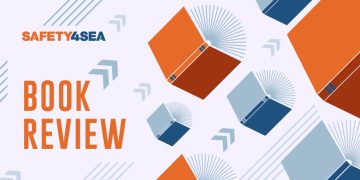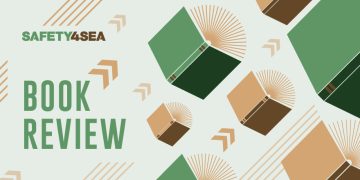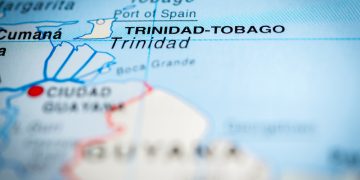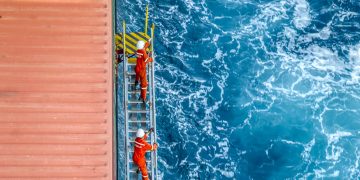Lloyd’s Register’s Hellenic Advisory Committee opens debate on measures to curb emissions
International measures for shipping emissions are needed Christian Breinholt, Deputy Director General of the Danish Maritime Authority was a guest speaker at the meeting. He made the case for the Danish proposal for a greenhouse gas convention introducing Market Based Measures for shipping.Looking for support from Greek owners he presented the mechanics and philosophy of the International Green House Gas Fund - a market based measure to address IMO's 'equal treatment' requirements with the UNFCCC's 'common but differentiated responsibilities' approach. It will take years to develop an international convention he said so we need to start now. 'From our perspective, we need a single, dedicated, mechanism for the global industry'. Mr. Breinholt said that the Danish proposal is becoming widely supported within the industry.One of Mr. Breinholt's comments, using Lloyd's Register research, was that without some form of market based measures, in the context of anticipated growth in trade even with massive energy efficiency improvements, shipping will be unable to reduce its total greenhouse gas emissions. Mr. Breinholt was persuasive and his comments were listened to with great interest by the committee.Lloyd's Register provided updates on shipbuilding activity world-wide, insight into efficient ship designs, as well as technical and operational ...
Read more





















































